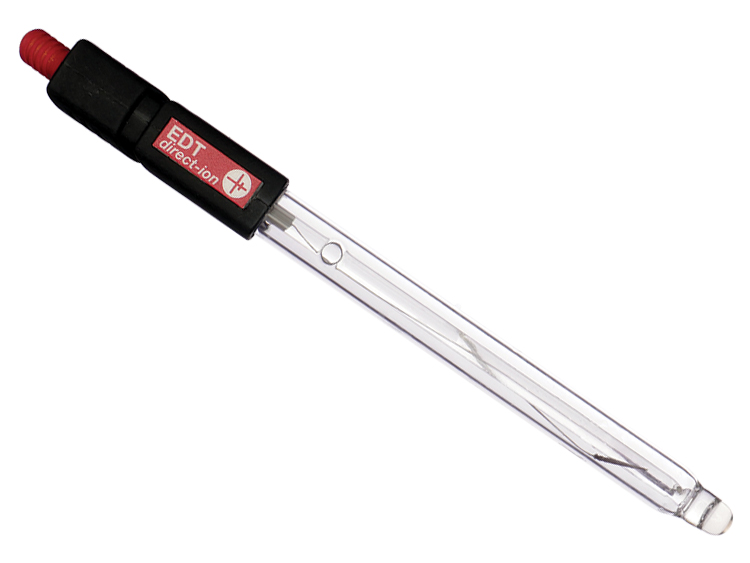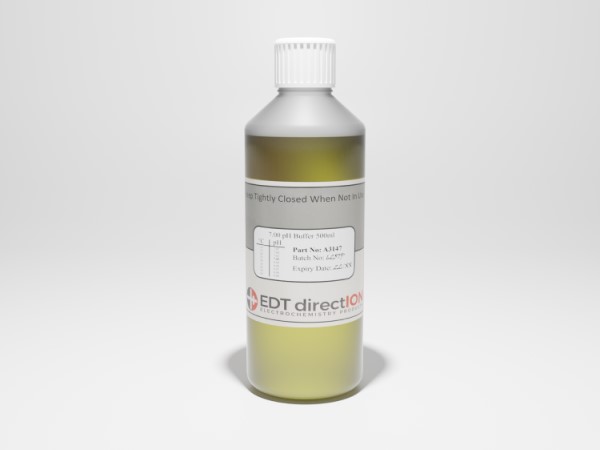Determining the pH of Mineral Soil
The pH of a mineral soil is defined as the pH, measured potentiometrically, of the suspension obtained by shaking the soil with water under controlled conditions.
Equipment Required:
1. EDT directION pH Meter Model QP451 (All other models can operate this method)
2. EDT directION pH Combination electrode E8081 or E8080
3. 60ml clear glass, wide mouthed bottle
4. 10ml cylindrical scoop: approximately 22mm in diameter and 26mm deep
5. Shaking machine
Standards/Buffer Solutions:
EDT directION Buffer Solutions A3144, A3147, A3140
Sample Preparation
Transfer 10ml (scoop filled and struck off without tapping) of air dried soil, ground to pass a 2mm mesh sieve, into a bottle and add 25ml water.
Cap the bottle and shake on the shaking machine for 15 minutes. Shaking vigorously by hand will be sufficient in most cases.
During this time calibrate the pH meter in pH7 and pH4 or pH7 and pH10 buffers depending on the acidity or alkalinity of the soil. If this is not known a recalibration can be performed if the slope buffer chosen is unsuitable after analysis of the suspension.
Immerse the electrode into the soil suspension and agitate the solution. Record the pH value of the sample. Rinse the electrode thoroughly with distilled water.
Notes:
Always condition the electrodes as outlined in the E8081 instruction manual
Visit our YouTube Channel for more information about our products.




